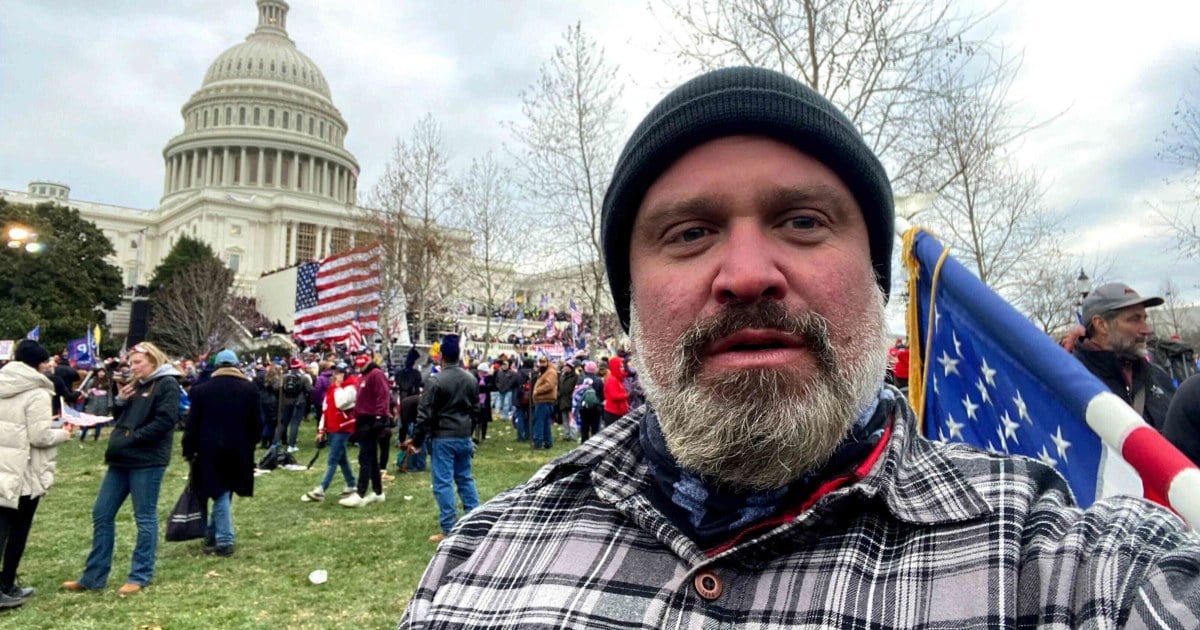- cross-posted to:
- news@lemmy.world
- cross-posted to:
- news@lemmy.world
Joe Biggs, a Proud Boys leader convicted of seditious conspiracy who the government says “served as an instigator and leader” during the Jan. 6 attack on the U.S. Capitol, was sentenced to 17 years in federal prison on Thursday.
It is among the longest sentences in Capitol riot cases. The record is the 18-year sentence given to Oath Keepers founder Stewart Rhodes, also convicted of seditious conspiracy, after prosecutors sought 25 years in federal prison in his case.



so is a conspiracy, incitement, etc… we are talking about the freedom of speech vs freedom of concequence from that speech. that is what I take issue with. inciting panic in closed confines has immediate consequences - this is clear and therefore typically prohibited.
political speech fomenting real-world violence (or panic) should result in the same level of legal consequence when action is taken based on that speech. imho, you can not separate the speech from the act once the act has taken place.
deleted by creator
your point is well taken - speech must be protected.
but my illustration is indended to be as outlandish as I believe the lawyer’s statement was. once there is an overt act, the speech is no longer separate and protected. his statement appears to try and separate the two. separating speech from the resulting act (and therefore consequences) seems to be the current playbook and it infuriates me.
I hope we are not talking past each others here as I believe I understand your point, but my comment was to illustrate the silliness of the statement by Biggs’s lawyer.
edit: context